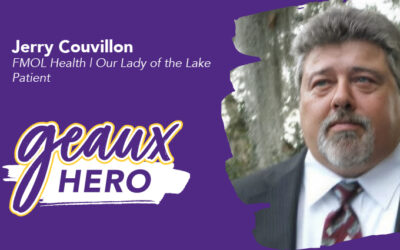Lung cancer causes the most cancer deaths in the United States, but the chance of survival improves if it is diagnosed early.
Lung cancer screenings are an important way to save lives and offer the potential to be cured.
The best way to counter lung cancer is to prevent it, and the most likely way to do that is to simply quit smoking, or even better never start. The next best thing is to catch lung cancer early, which gives the greatest possibility of being cured through radiation, chemotherapy, surgery or some combination.
What Are the Risk Factors for Lung Cancer?
Besides smoking, having a family history of lung cancer does increase a person’s risk of lung cancer in general. Other risks include exposure to asbestos or radon and prior history of cancers of head, neck or lung.
Who Should Be Screened for Lung Cancer?
Most early lung stage cancers are completely asymptomatic, which is why screening is so important! Screenings happen before symptoms arise. There are three major criteria to identify who may be at highest risk of developing lung cancer and therefore should be screened:
- Between the ages 50 and 80
- Actively smoking at that age or quit smoking within the last 15 years
- Someone who has smoked an average of a pack per day for 20 years or more
Accessing a screening can happen through a referral from your primary care physician or by contacting one of our health system’s cancer programs directly.

What is a Lung Cancer Screening?
A lung cancer screening itself is a low-dose CT scan, which is a normal scan with less radiation. If the scan finds abnormalities, it doesn’t necessarily mean cancer. Having access to a multidisciplinary team like those found throughout our health system can help ensure correct interpretation and point you in the right direction for treatment and care.
What Are Lung Cancer Symptoms to Watch For?
Symptoms of lung cancer can vary, but the most frequent include cough, recent weight loss, coughing up blood and recurrent pneumonias. Having symptoms does not mean the lung cancer is incurable, so it’s important to seek medical care and have the scans as quickly as possible.




